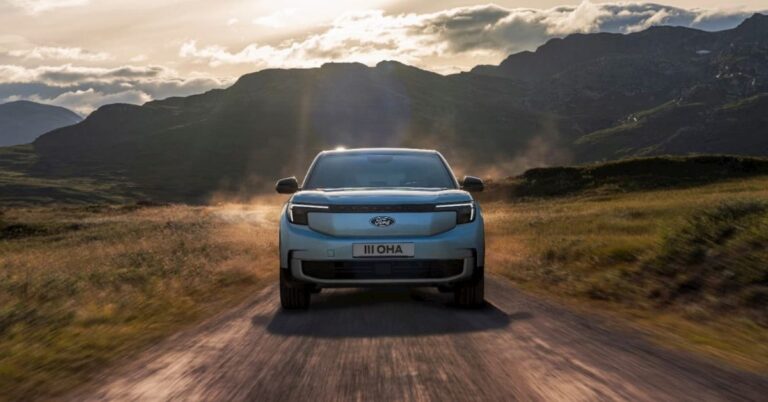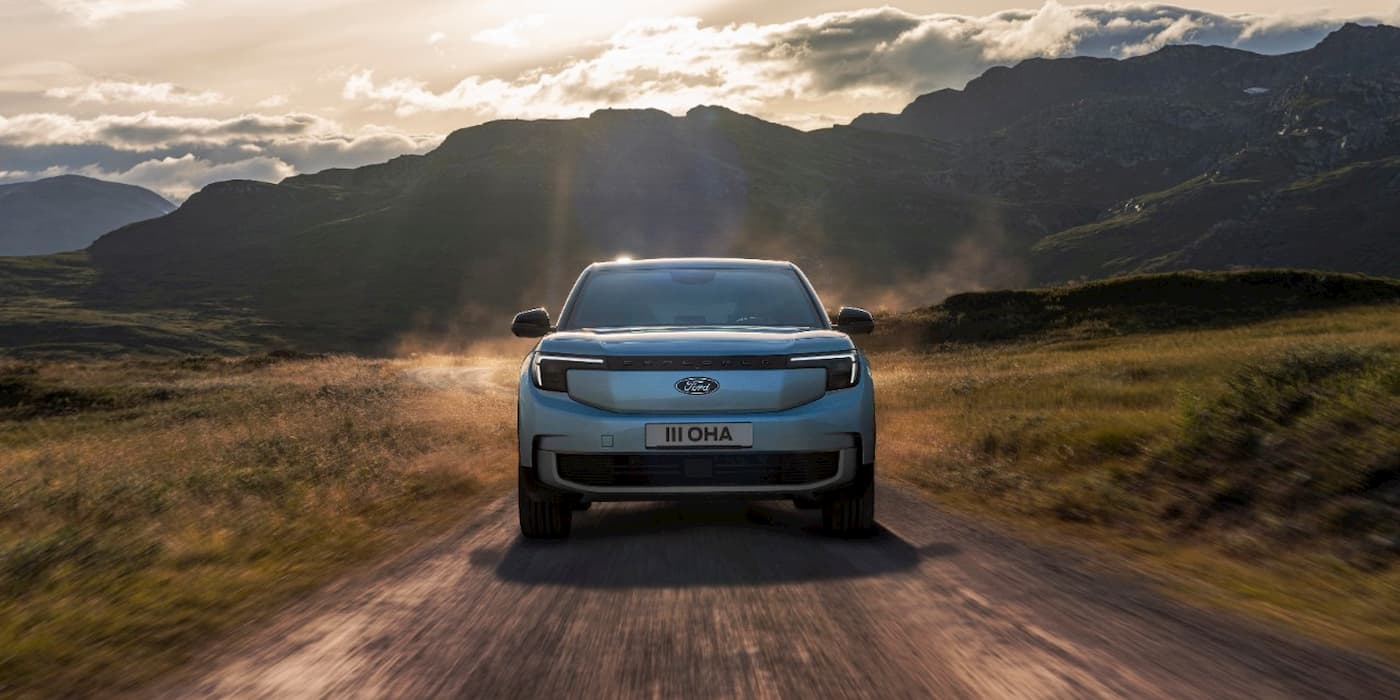
Ford CEO Jim Farley wants the company to launch an affordable electric car, much like Henry Ford did with the Model T. But the hard part will be doing it profitably. With China’s EV bets “paying off” so far, Ford wants to compete with the best, including BYD.
Ford moves to affordable EVs
Farley is confident that the next generation of EVs will be “not only profitable but affordable for most Americans.”
Farley said Ford’s next generation of electric vehicles will be “competitive with the best in the industry,” and now Ford is expecting those vehicles to come from China.
China’s strategic “EV bet” is “paying off so far,” Farley said in an interview. Yahoo FinanceFord is looking to replicate some of that success in the United States.
Farley revealed earlier this year that Ford is “secretly” developing a small EV platform to underpin its more affordable models. Ford is also delaying the launch of its large, three-row electric SUV as it transitions to smaller EV options.
Farley said Ford has assembled a small “secret task force” of some of the world’s best EV engineers to develop the new platform.
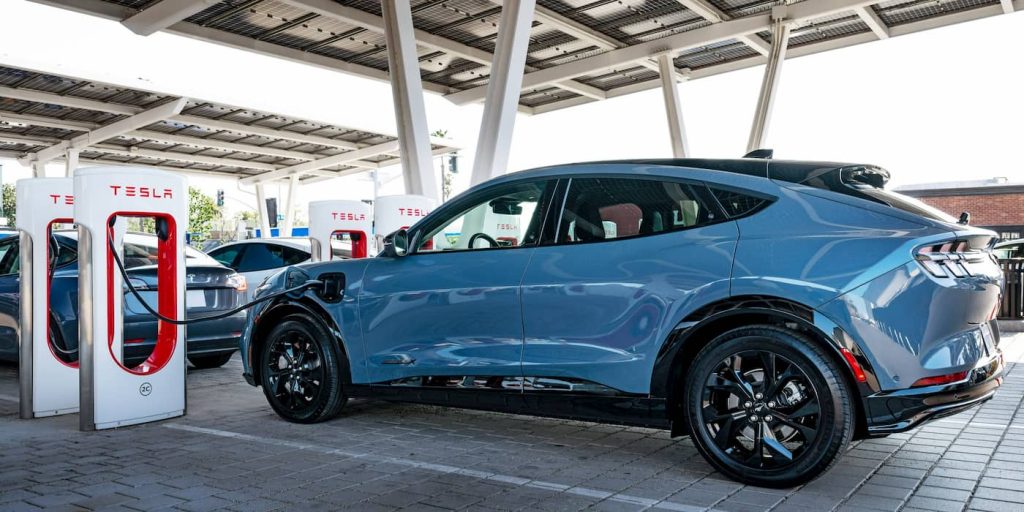
The team is “full of ex-Tesla and Apple folks” as the 120-year-old automaker pivots.
“They’re developing a completely different approach, a different product with much smaller batteries and different chemistries at a different cost,” Farley said.
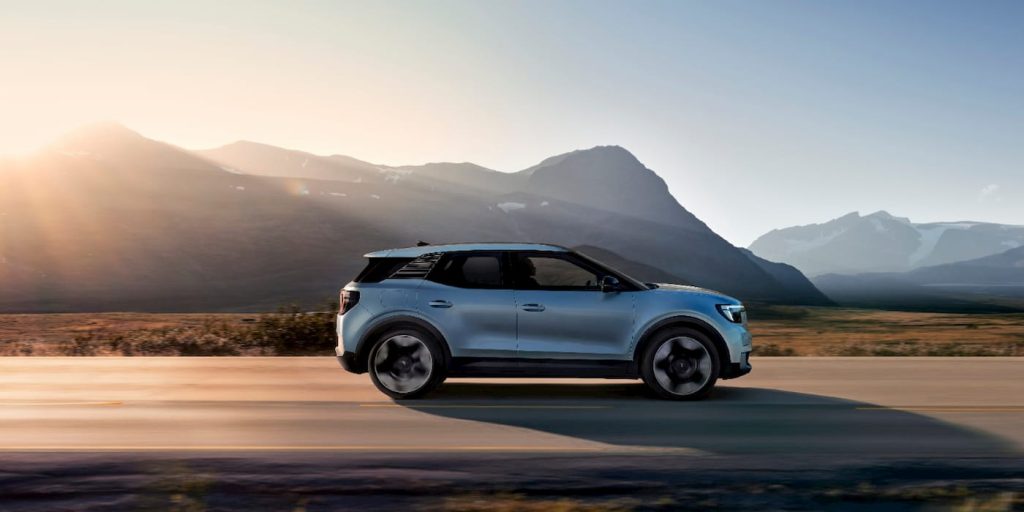
Learn from the best to compete with the best
A big reason Ford is changing its plans is cost: Farley said NCM batteries, which contain cobalt, lithium and nickel, are very expensive and heavy — a battery for an F-150 Lightning, for example, could cost “between $30,000 and $40,000.”
Ford’s chief said the company is the first to invest in low-cost batteries at its Marshall, Michigan, plant. Farley claimed the company is also the first to offer them to U.S. customers.
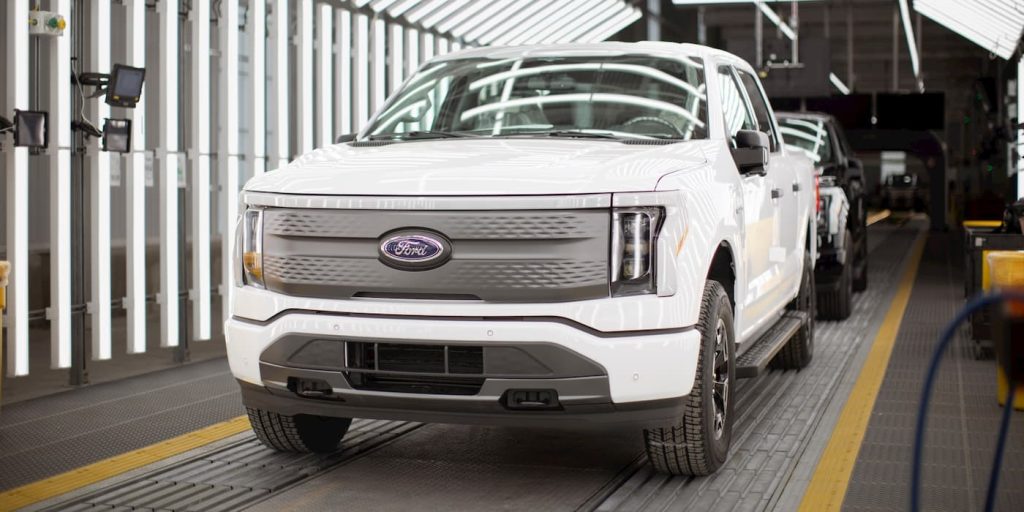
Farley said Ford will partner with global battery leader CATL to learn the IP and then execute it in-house, which is exactly what Ford is doing with Marshall.
Ford plans to double down on hybrids after demand for EVs has been slower than expected, despite talk of rejuvenating the brand “to make it like the ’80s and ’90s.”
Since Ford began using Tesla’s Supercharger network earlier this year, the company has received about 100,000 applications, Farley said, and has shipped out thousands of NACS adapters so far.
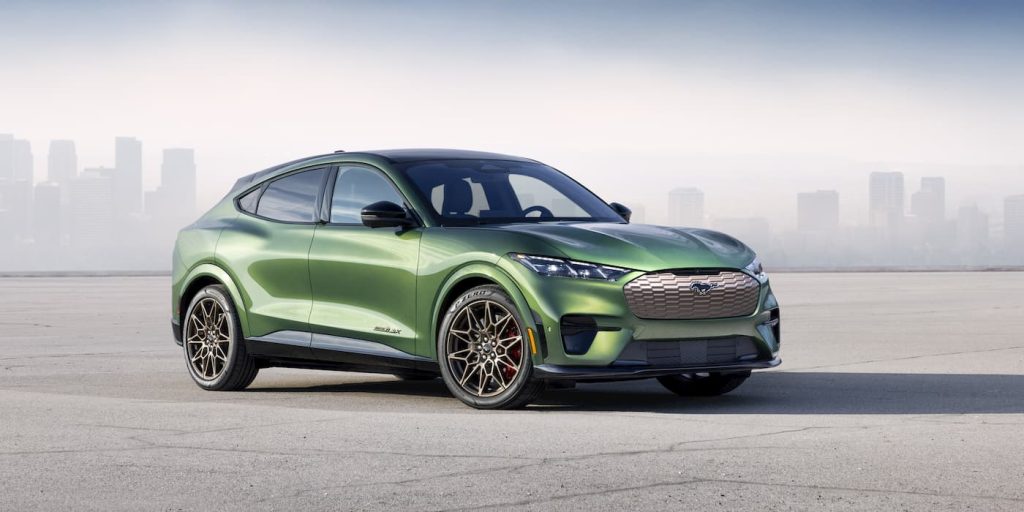
Farley said Ford “appreciates working with Tesla” and that giving drivers access is a good move. Nevertheless, Ford still needs to distribute about 90,000 more adapters. After Farley “texted Elon last night,” Elon said, “I’ll see what he says.”
There’s “mutual respect” between Ford and Tesla, the No. 1 and No. 2 EV makers in the U.S. Farley said it’s a “largely positive” relationship, but it’s still competitive. Watch the full interview below.
Electrek’s take
When asked why China is doing so well with EVs, Farley pointed out that it’s because the government and competitors were quick to support them.
He said the Chinese government is quickly supporting EV technology through huge tax breaks, free subsidies and investment in battery makers like CATL. EVs are expected to account for more than 45% of auto sales in China this year, reaching about 10 million units, making it the world’s largest EV market.
Meanwhile, BYD, a major Chinese EV manufacturer, announced its second-highest monthly sales ever, as electric vehicle sales continue to trend upward.
BYD sold 146,395 EVs last month, up 22% from a year ago and 9% from April. BYD is stopping production of gasoline-powered vehicles in 2022 as it shifts its focus to electric vehicles.
As a leading maker of rechargeable batteries, BYD already has a significant cost advantage. After launching a series of lower-priced Honor models, BYD’s cheapest EV, the Seagull, starts at just $9,700 (69,800 yuan) in China. Farley has previously called the BYD Seagull “pretty good” and warned rivals about BYD’s superior technology.
Will Ford be able to catch up with BYD and other Chinese EV makers? What about Tesla in the US? Leave a comment and let us know your thoughts.
FTC: We use automated affiliate links that generate revenue. more.

